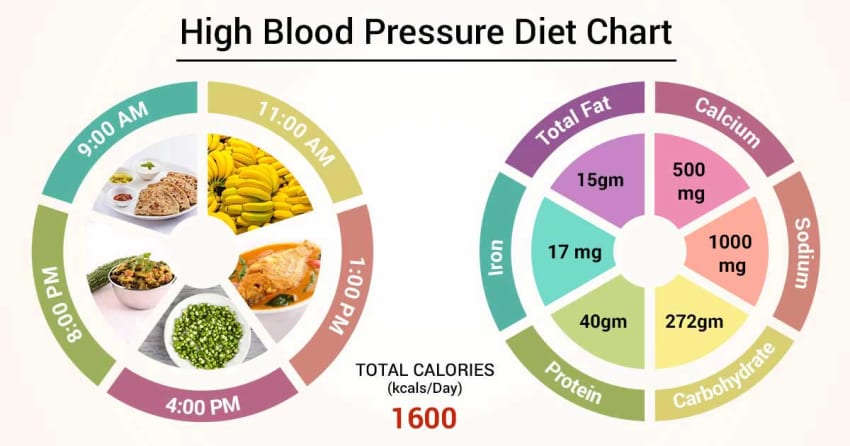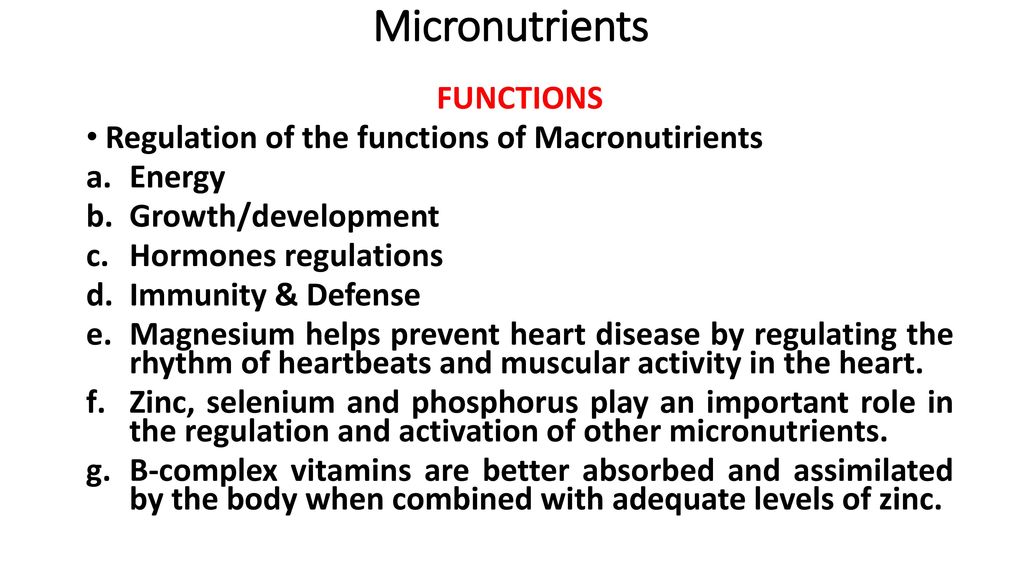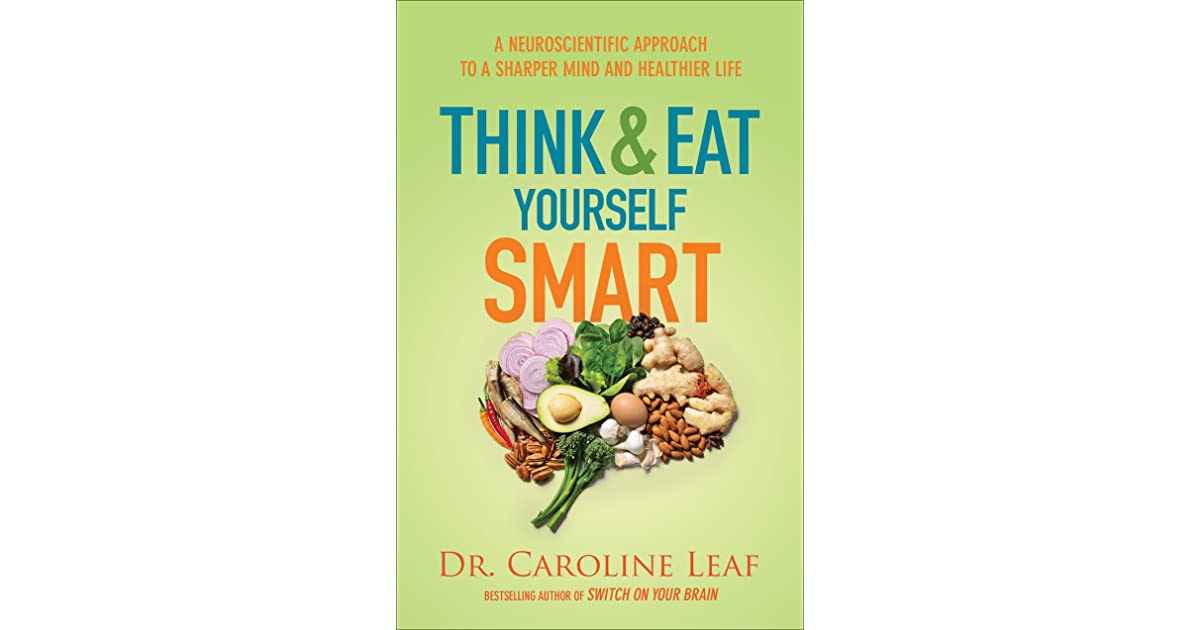
Different people have different health motivations. Understanding your motivations is crucial. For example, you may want to chase your grandchildren around the house, accompany them on long hikes, or run marathons. Others may be looking to lose weight, boost their self-esteem, clear up co-morbidities, or gain weight. Whatever your motivation, you can use it to help you make progress. But don't lose focus of the goal of your hardwork.
Six key informants of the study were interviewed. They included chief executives of hospitals and clinical directors. All interviews were taped, and notes were taken. Interviews were guided by a specific guide. The purpose of the interview was to find out about health professionals' motivation levels and to suggest ways to improve them. A total of 12 items were used to measure health motivation. Each item represented a different health motivation factor. The results were presented in tables and figures.

When you are struggling to stay motivated, try reading health motivation quotes and reminisce about a time when you were motivated to exercise or make positive lifestyle changes. As you read these quotes, reflect on how far your goals have taken you since the last time you set them. It's not easy to start a new habit if you haven't exercised in a while. Find motivational quotes to inspire you and help you feel more positive about your efforts.
There is considerable evidence that intrinsic health motivation is influenced by other factors, including one's educational level. Higher educational levels were associated with higher intrinsic motivation than those who had less formal education. In addition, more people who attended health promotion programs were more likely to be highly motivated to exercise and eat healthily. Even if your goal is to become a professional, it's worth looking into other options. Doing this will bring you many benefits, which will improve your quality of life.
You will experience increased energy, better mood, and better health. Saturated fats can be avoided to improve mental health. Healthy lifestyles can also help improve your physical appearance. A healthy lifestyle is essential for maintaining a healthy weight. You need to be able to finish all of your tasks. For instance, you should avoid eating processed foods. Fresh fruits and vegetables are essential for your overall health and well being.

Many other factors can also influence health motivation. There are many factors that can influence health motivation, including the supervisor, the job content, and the hospital location. The highest-performing healthcare professionals should be officially recognized. These factors influence an individual's potential to achieve their goals, and to live a healthy lifestyle. An effective health program will improve your overall health and happiness. A good health program can help you improve your career and self-esteem.
FAQ
Is it true, that too much protein can cause kidney stones?
Protein is important for maintaining healthy bones and tissue. However, too much protein can result in calcium excretion through the urine. This can lead kidney stones.
It's important to note that not everyone gets kidney stones after eating more than 2 grams of protein per kilogram (2.2 pounds) of body weight. People can eat large amounts of protein and not get kidney stones.
Watching your sodium intake can help prevent kidney stones. Sodium helps regulate water balance in the kidneys. Too much sodium results in a higher risk of developing kidney stones.
If you have kidney stones, you can reduce your intake of protein. About half of adults' daily caloric intake is made up of protein. You'll lose weight if you reduce your intake of protein.
If you do decide to eat more protein, don't go overboard. You should aim to consume less than 20% of your total calories from protein.
How many calories per day should I consume?
The exact amount varies depending on the person. An average person needs 2000-2500 calories per day. It is important to consider your lifestyle and determine how many calories you'll need.
Do I have to exercise while drinking alcohol?
Yes. Alcohol can increase energy expenditure and speed up recovery, as well as reduce soreness.
It also increases insulin sensitivity. This makes it easier and faster to absorb glucose.
However, alcohol can cause dehydration, which can slow down your metabolism. It also reduces testosterone production, which may decrease muscle-building potential.
This is why women shouldn't have alcoholic drinks before exercising. Women who are heavily alcoholic should wait at minimum 24 hours before starting to work out.
Women who are nursing should avoid alcohol as much as possible.
Men should have no more than one drink per day.
What diet supplement is best to lose weight?
Losing weight requires both diet and exercise. Some people find that certain supplementation can be helpful.
Some studies suggest that omega-3 fatty acids may help with weight loss. Omega-3s are essential fats that are important for brain function and cell membrane integrity. These fats are found in seafood such as salmon, tuna and shrimp.
Another study suggests that green-tea might help with weight loss. Green tea contains catechins. These antioxidants may be able to increase metabolic rate and encourage weightloss.
What is the best 7-day workout program?
A seven-day exercise plan should include cardiovascular training (running/biking/swimming), strength exercises (using weight machines, free weights) and one flexibility/core program (yoga or Pilates). Each activity should be done at least once per week. The total time for each session should not exceed 45 minutes.
Cardiovascular Exercise: Running, Biking, Swimming
Your goal is to exercise at least 60 minutes each week. Aim for 75 minutes per week to get the best results. Cardio exercises can be used to increase blood flow, stimulate muscle growth, and improve blood circulation.
Strength Training
Cardio exercises focus on the heart and lungs while strength training targets muscles and bones. Strength training builds lean muscle mass, which helps burn calories even when resting.
Flexibility & Core Workouts
You can strengthen your entire body by strengthening flexibility and core exercises. Both yoga or Pilates are great options.
How many times per week do I need to exercise?
It depends on what type of exercise and how much time are available. A general guideline would be moderate-intensity aerobic exercise 3 - 5 days a week. It's important that you don't overdo it. It is crucial to exercise regularly in order to reap the full benefits of your workouts.
Which exercises are best suited for me?
It all depends on what type of fitness goals you have. Some people prefer endurance sports like swimming, cycling, or running. Some people enjoy lifting weights and using resistance bands. There are so many different types of exercise programs available today. Select the one that best suits your needs.
What is a good gym routine for you?
To stay fit, you need to exercise regularly. It doesn't matter which type of fitness you choose, as long as it is done regularly. Consistency is the key. If you want to achieve results, you must stick at it for an extended period.
Begin by walking for a few minutes each day. Gradually increase your exercise time until you are able to spend 30 minutes per day. You can choose to run, swim, weight train, do yoga or take aerobics classes.
Try to get active every day. If you have a valid reason to skip a session, it is best not to.
If you exercise outside, ensure that you wear appropriate clothing and footwear. You also need to consider the weather conditions and whether they affect your ability to exercise safely.
When you exercise, drink plenty of fluids. Drinking alcohol at this time can lead to dehydration. Also, avoid caffeinated drinks such as coffee, tea, and cola. They will not only give you more energy but also dehydrate you.
It's common to feel tired after your first workout. Keep going with your workouts and you'll soon feel more energized.
Statistics
- The PRS enabled risk stratification for overall prostate cancer and lethal disease with a four-fold difference between men in the highest and lowest quartiles (HR, 4.32; 95% confidence interval [CI], 3.16-5.89). (pubmed.ncbi.nlm.nih.gov)
- According to the American Academy of Dermatology (AAD), men over 50 are at a heightened risk of developing it. (healthline.com)
- Cardmembers earn 5% Back at Amazon.com with a Prime Credit Card. (amazon.com)
- 10 pounds in a month is likely during a lean bulking phase, especially for beginners. (muscleandstrength.com)
- Get free shipping and 25% off today. (healthline.com)
External Links
How To
How do I lose weight while working out?
Exercise can help you burn calories and increase your metabolism.
At moderate intensity, you will lose weight easily.
These tips can help you to burn fat while training:
-
Do cardio exercises such as walking, swimming, jogging, cycling, running, or elliptical training.
-
Do 30 minutes of exercise three times a week.
-
You can lose weight by adding strength training to the routine.
-
Avoid doing intense exercises. It is possible to build muscle without destroying muscle tissue.
-
Drink plenty of water during exercise. Water is essential for flushing out toxins and keeping your body hydrated.
-
After working out, drink low-fat protein shakes. Protein shakes help repair muscles and boosts energy.
-
So you don’t feel hungry, eat smaller meals throughout your day.
-
Don't skip breakfast! Skipping breakfast can leave you feeling tired and sluggish.
-
Take care of your mental health. Stressful situations can slow metabolism.
-
Keep a positive attitude. Studies show that overweight people are more likely to be obese than those who perceive themselves as attractive.
-
Get enough rest. A lack of sleep makes it difficult to lose fat.
-
Always be active. Keep moving every hour.
-
Maintain a healthy diet. A healthy diet will help you feel fuller for longer.
-
Find relaxation techniques. Tenseness can cause stress hormones to break down muscle tissue.
A balanced diet is one that includes all of the essential nutrients required for growth.
You should eat six small meals per day rather than three large ones. This allows your body time to digest what you've eaten.
To maintain strong bones, you need to consume 500 mg of calcium each day. Calcium can also be found in milk products, yogurt, fortified Soy beverages, orange Juice, cereals and bread.
Calcium is found in leafy vegetables, beans and tofu, as well nuts, seeds and cheese.
Vitamin D is necessary for the body to absorb calcium. Vitamin D is found in certain fortified foods, such as egg yolk and fatty fish.
Vitamin E is important for skin health. Vitamin E is found in vegetable oils and wheat germ oil, as well as peanuts, almonds and sunflower seeds.
Your body requires zinc for normal immune function and wound healing. Zinc can be found in seafood, legumes and meats.
Zinc deficiency can cause fatigue, loss of appetite, depression, and impaired immunity.
Sugar intake can lead to insulin resistance which causes blood glucose levels to rise. Insulin resistance leads directly to weight gain.
Insulin resistance develops when there are high levels of free radicals in the bloodstream. Free radicals are molecules that have unpaired electrons, which can cause damage to cell membranes or other parts of your body.
The main sources of free radicals are food additives.
Free radicals can lead to cancer and heart disease, diabetes mellitus, arthritis, asthma, and premature aging.
To prevent free radical damage, eat a healthy diet rich in antioxidants. Antioxidants protect against oxidative damage.
Vitamin C, beta carotene (found within citrus fruits, carrots, sweet potatoes and spinach), Vitamin E (found inside nuts, olive oils, avocados and eggs), and Vitamin C (found among mangoes.
Other antioxidant nutrients include selenium, copper, manganese, and zinc.
Selenium helps to protect cells against free radicals and oxidative stress. Selenium is also found in Brazil nuts.
Copper protects eyes, brain, lungs and red cells. Copper is found in shellfishes, poultry, meat, organ meats, and other foods.
Manganese, an essential component of bone strength, is crucial. Manganese can be found in brown rice and spinach as well as bananas, prunes raisins, oatmeal, lentils, and oatmeal.
Zinc is important for healthy growth, reproduction, and wound-healing. Zn can also be found in white fish, lean cuts of meat, poultry, and eggs.